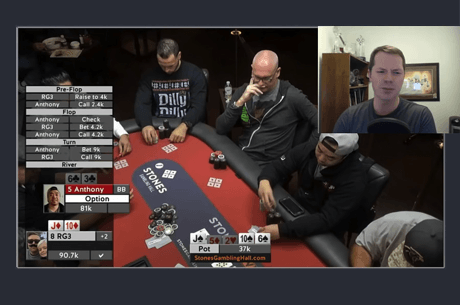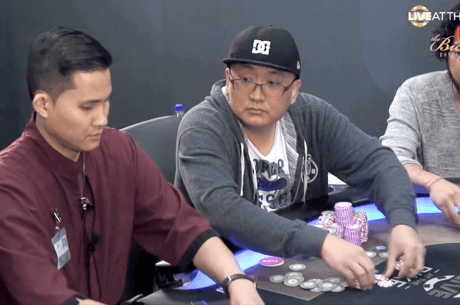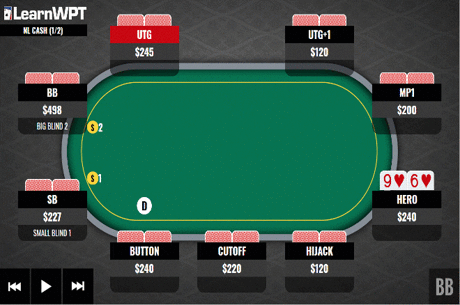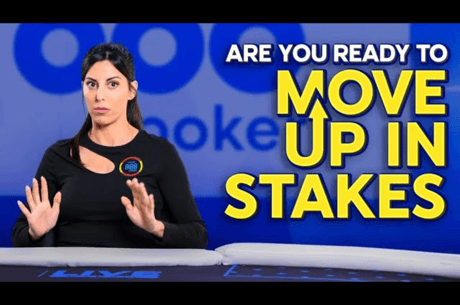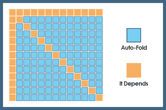Tommy Angelo Presents: Demoralize Your Opponents with a High ALP
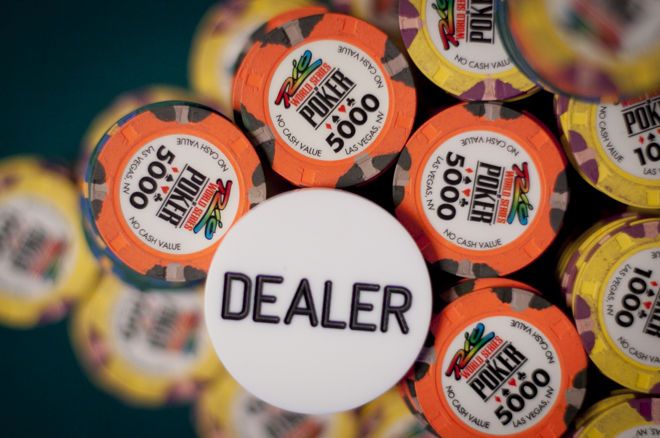
What if there was one guy in your game who had position on you every time you two played a pot? You dread playing against him because hand after hand, when the turn card comes, you have to go first. For all you know, he's got the goods. Or he's poised to call your bluff with ace-high. You never know where you're at with this guy. It's frustrating as hell, and definitely not profitable.
You can be that guy. You can be the dreaded one.
Try this. Next time you play, keep track of how many postflop streets you act last on, and how many you don't. If you see the flop from the button and you fold on the turn, that scores as two last-to-act streets: the flop and the turn. Or let's say you see the flop from the small blind, and you end up check-folding the river. That would count as three not-last-to-act streets.
Are you acting last the same amount as your opponents? More? Less? I believe that if you increase your ALP �� your "Act Last Percentage" �� you will increase your score.
A high ALP creates an aggregate of advantages. Here's a quote from Elements of Poker:
Acting last is like taking a drink of water. We don't have to understand why it's good for us to know that it is. And the benefits are unaffected by our understanding of them.
The hard part is the folding. To turn the positional tide on your opponents in a big and permanent way, you need to fold the blinds way more than you do now. And you need to open pots less often than you do now.
Maybe you're thinking, "I couldn't tighten up from the blinds even if I wanted to. I just don't have the folding discipline."
I used to get mad at my mathy-wathy poker teachers. They were so unemotional and unsympathetic and unrealistic. In their books and essays, they'd tell me about how tight I needed to play. "Just do it, and you will win the maximum."
I knew they were right. But I couldn't do it. If I complained about the pain of poker, and about my 100 ways to tilt, and about how it was impossible for me to do what they said because I was an action junkie, their advice was "The solution is simple. Don't leak. Play with a bot brain like we do. Bye-bye and good luck with that."
Aargh!
Yet, here I am, about to say the same thing to you. If you want to earn a reliable income from this game, you need to fold a lot before the flop, consistently. Where I differ from my teachers is that I do know your pain. I know the pain of knowing that I am seeing more flops than I should, and being powerless to stop it.
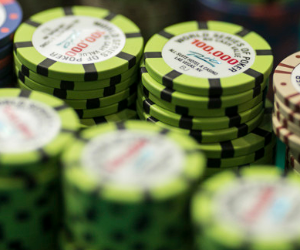
Would you like to get your hands on a free $10k entry to the WSOP Main Event?
Click on the link below and enter your email to participate to the free giveaway and take a shot at this massive opportunity!
Play NowClimbing the High ALPs
Here's a hand a client sent to me. It clarifies the difference between common preflop play, and positionally sensitive preflop play��
Bob wrote:
I was playing $2/5 NLHE at Aria. I had 6-5 suited in the big blind. One player limped for $5. The small blind raised to $20. I called & the limper called. We all had about $1,000.
Bob had sent the hand so we could discuss his postflop decisions. He had assumed that his preflop call of the small blind's raise was a no-brainer. I convinced him otherwise with this rundown:
When the small blind raised to $20, you had three options: Call, 3-bet, or fold. If being last to act with your drawing hands is your prime objective, then calling the small blind's raise is not an option. You must raise or fold. Here's why��
- Call. If you call the raise, the limper will almost always call, too. You will not be last to act after the flop, which will lower your act-last-percentage. Therefore you should not call.
- 3-bet. This pattern is sanctioned by the position gods because if your reraise drives the limper out, you are promoted to last, and your ALP rises.
- Fold. This is also a good choice because it guarantees that you won't be not-last. :-)
I didn't hear from Bob for a couple months. Then came this letter, and the word that sparked this article:
I am demoralizing my opponents. You should have seen this guy. It was late�� shorthanded $1/2. No chopping. I folded small blind three times when it was blind v blind. First time no fanfare. Second time, big blind kind of slammed his cards down. Third time I folded, he pushed my cards back to me and tossed a chip in the pot to complete my blind. "You have to play one eventually!" he said. And I was thinking, actually I don't, not out of position.
Like I said, I am demoralizing these guys. It's like I'm a leprechaun and they know there's no way they can catch me.
Bob's letter captures the spirit of lastness, and its effect. As your act-last-percentage rises, so too will your confidence, and your respect. Weak opponents will become fearful and confused. Strong opponents will feel frustrated and disarmed. And all you did was wait for your turn to be last.

World-class coach and author Tommy Angelo is now offering poker pain relief to everyone. You can schedule a call to talk to Tommy about bad betting, bad quitting, bad tempers, or whatever else is hurting your game. Just go to tommyangelo.com. Angelo's first book, Elements of Poker, was called "the seminal poker text of the 21st century" by The London Times, and it has revolutionized the way serious players approach the game.

